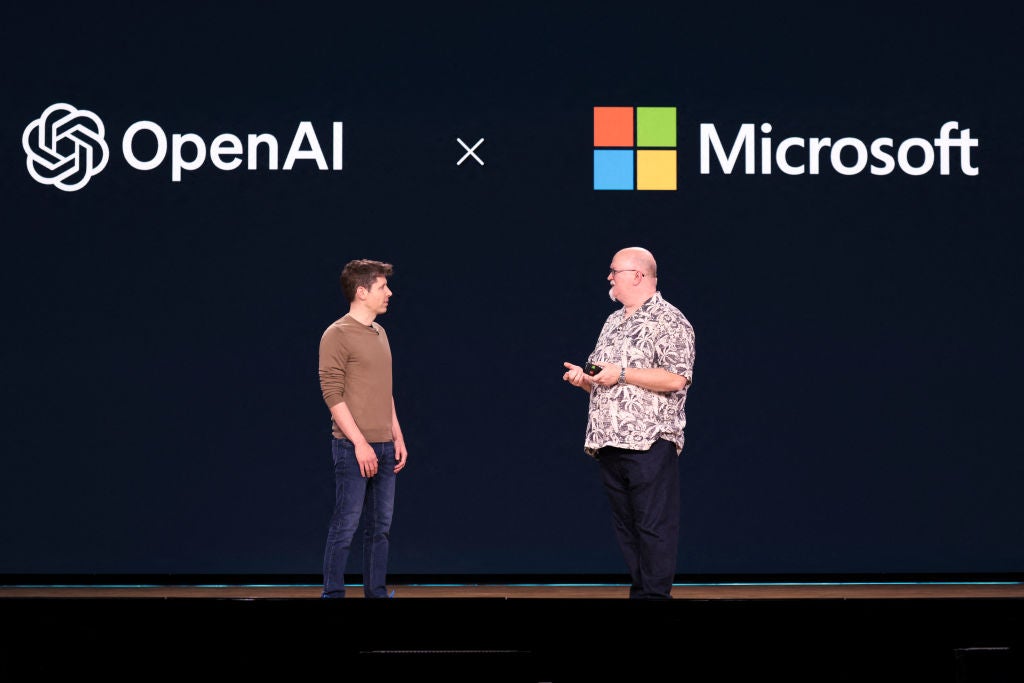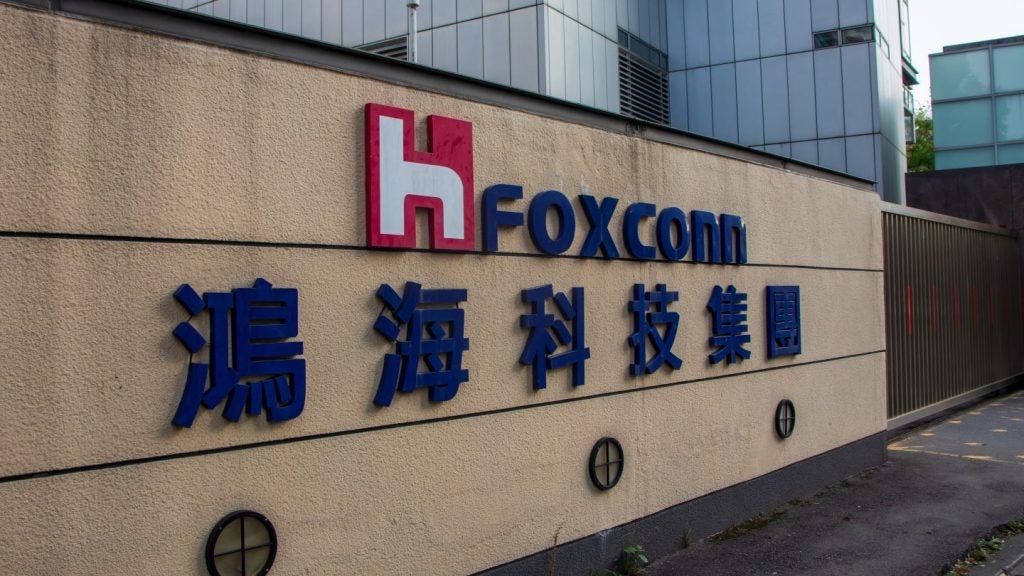
Microsoft has given up its observer seat at OpenAI, amid growing scrutiny from regulators over how much control it has over the ChatGPT-maker.
Holding the observer seat meant that the company could attend OpenAI’s board meetings and access confidential information about the company’s operations. However, the company had no voting rights on choosing directors.
In a letter to OpenAI on Tuesday (9 July), Microsoft said the company had seen enough progress to be confident in its direction.
“Over the past eight months we have witnessed significant progress from the newly formed board and are confident in the company’s direction. We no longer believe our limited role as an observer is necessary,” Microsoft wrote.
Microsoft, which invested $13bn in OpenAI, has been under watch by EU regulators for its use of the ChatGPT maker’s technology. The bloc’s antitrust watchdog said it would survey OpenAI’s rivals.
US and UK antitrust regulators have continued to raise concerns about the deal and Microsoft’s power over the company.
How well do you really know your competitors?
Access the most comprehensive Company Profiles on the market, powered by GlobalData. Save hours of research. Gain competitive edge.

Thank you!
Your download email will arrive shortly
Not ready to buy yet? Download a free sample
We are confident about the unique quality of our Company Profiles. However, we want you to make the most beneficial decision for your business, so we offer a free sample that you can download by submitting the below form
By GlobalData“We’re grateful to Microsoft for voicing confidence in the Board and the direction of the company, and we look forward to continuing our successful partnership,” OpenAI said in a statement,
“Under the leadership of CFO Sarah Friar, we are establishing a new approach to informing and engaging key strategic partners – such as Microsoft and Apple – and investors – such as Thrive Capital and Khosla Venture,” according to the statement.
Apple had reportedly also been seeking an observer seat at OpenAI but the startup said there will be no more observer seats.
Alex Haffner, a competition partner at Fladgate, said that it was hard not to conclude that Microsoft’s decision has been influenced by the antitrust scrutiny of its influence of emerging AI players.
It is clear that regulators are focussed on the “complex web of inter-relationships that big tech has created with AI providers, hence the need for Microsoft and others to carefully consider how they structure these arrangements going forward,” Haffner added.
GlobalData forecasts that the overall AI market will be worth $909bn by 2030, having grown at a compound annual growth rate (CAGR) of 35% between 2022 and 2030.
In the GenAI space, revenues are expected to grow from $1.8bn in 2022 to $33bn in 2027, a CAGR of 80%.







